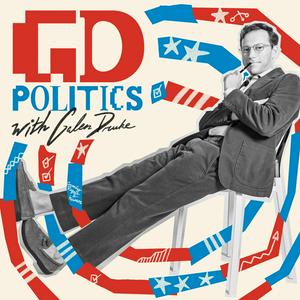Heads up: We have a live show scheduled for Wednesday, March 4 at the Comedy Cellar in New York City! After a rowdy live 2028 Democratic primary draft last month, Nate Silver, Clare Malone, and I will tackle the Republican side of the ledger. Grab tickets here!
If you’ve been enjoying your long weekend, I apologize for the potentially panic-inducing content of today’s episode.
We seem to be in something of freakout moment over artificial intelligence. In particular, several viral posts have been making the rounds on social media from people who work in AI warning about what’s coming.
Mrinank Sharma, an AI safety researcher at Anthropic, quit last week and published a letter saying the “world is in peril” and that we need to wise up.
Zoe Hitzig, an economist at OpenAI, also quit and wrote a New York Times op-ed criticizing how ChatGPT is implementing ads, suggesting the company could use people’s private motivations to manipulate them.
Matt Shumer, the CEO of an AI startup, wrote a viral post on Twitter called “Something Big Is Happening,” comparing this moment in AI to what February 2020 felt like for COVID.
As far as markets are concerned, software stocks have fallen 15 to 30 percent over the past month in reaction to new AI developments in coding.
On today’s episode, I talk to John Burn-Murdoch, a columnist and chief data reporter at the Financial Times. He’s been using data to track AI’s effects on the world so far, particularly when it comes to work.
Also, in case AI panic isn’t enough for one episode, John’s been doing a lot of work tracking democratic backsliding in the U.S. and around the world. So, fittingly for Presidents’ Day, we get into his research on that, and ask whether these two sources of anxiety — AI and democratic backsliding — might be connected in some way.
This is a public episode. If you'd like to discuss this with other subscribers or get access to bonus episodes, visit www.gdpolitics.com/subscribe


